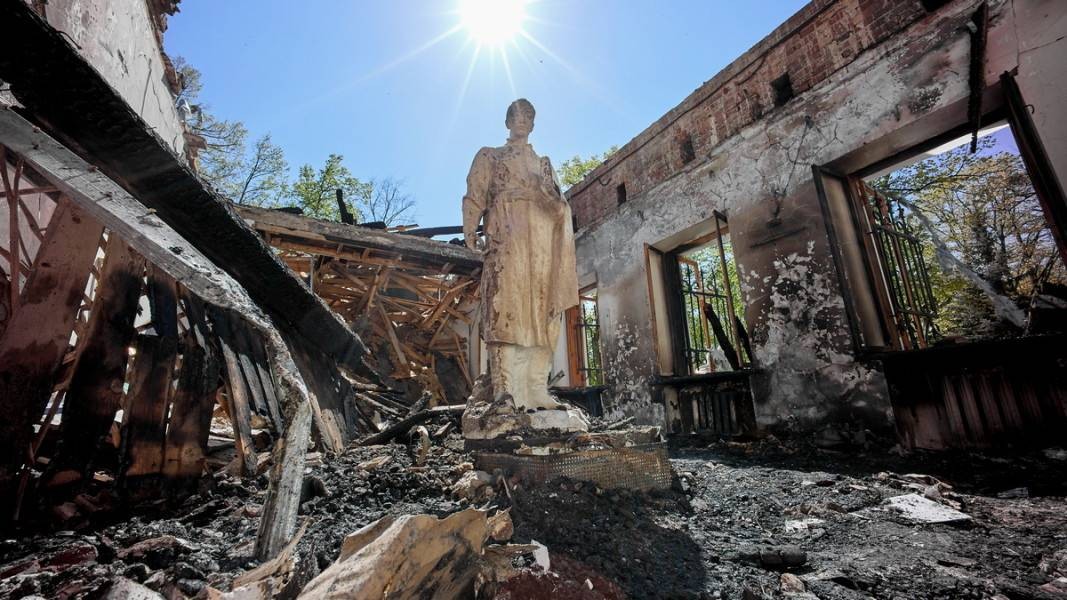
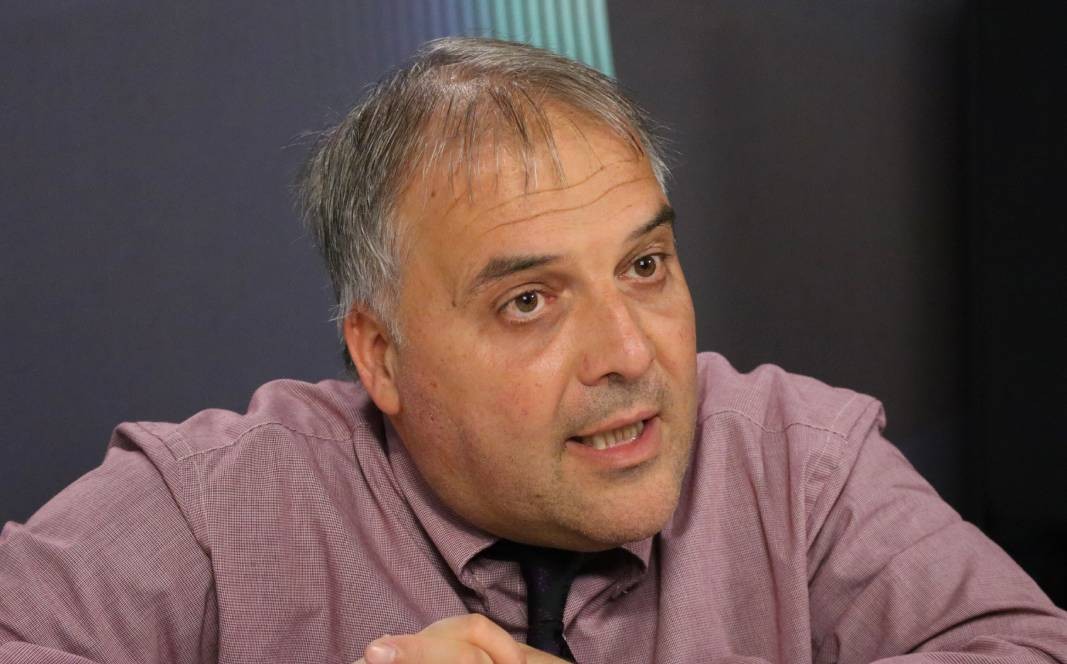
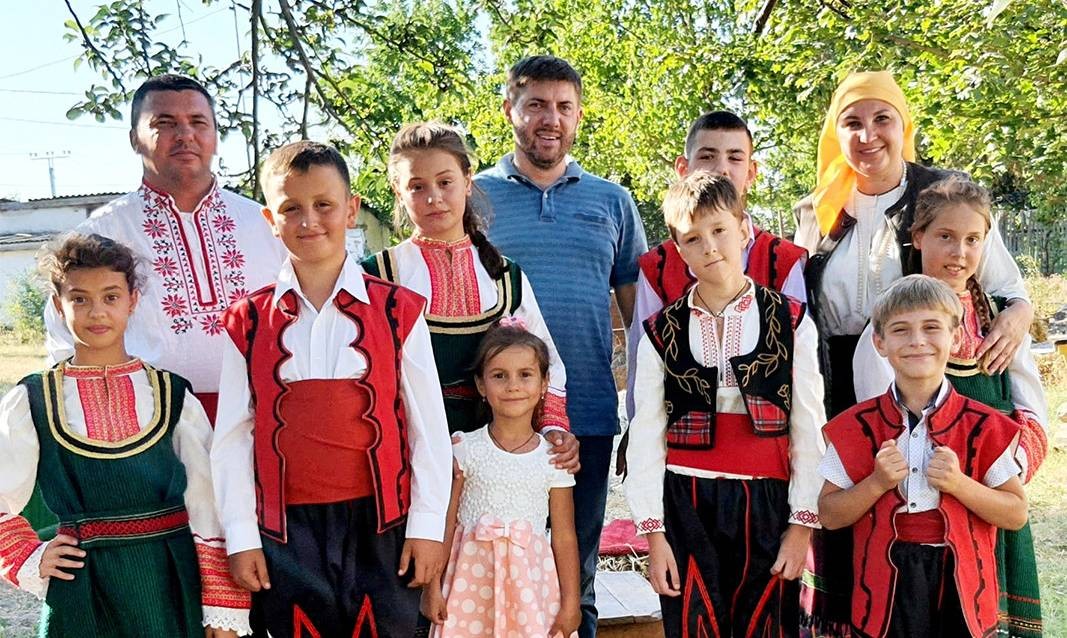
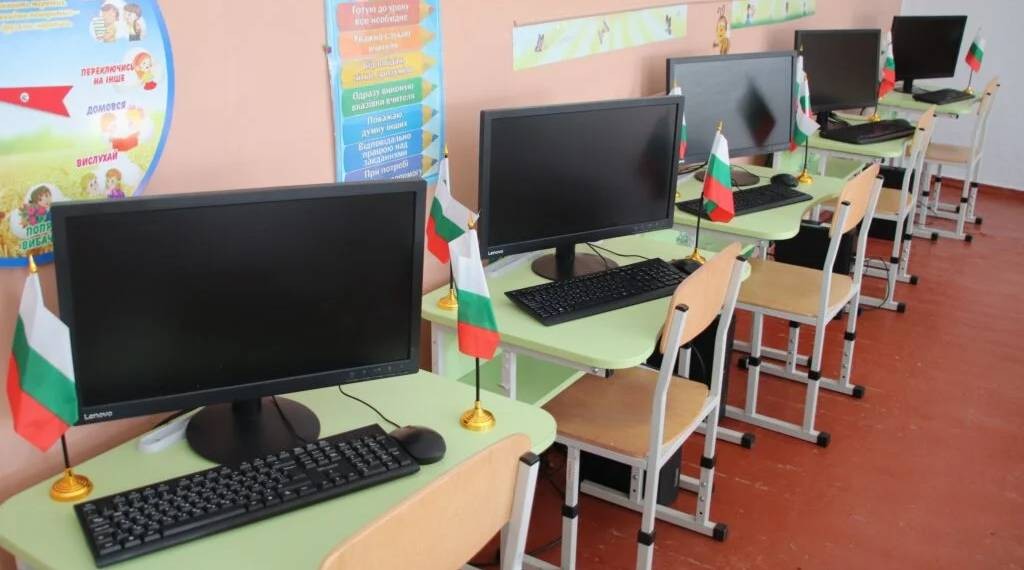
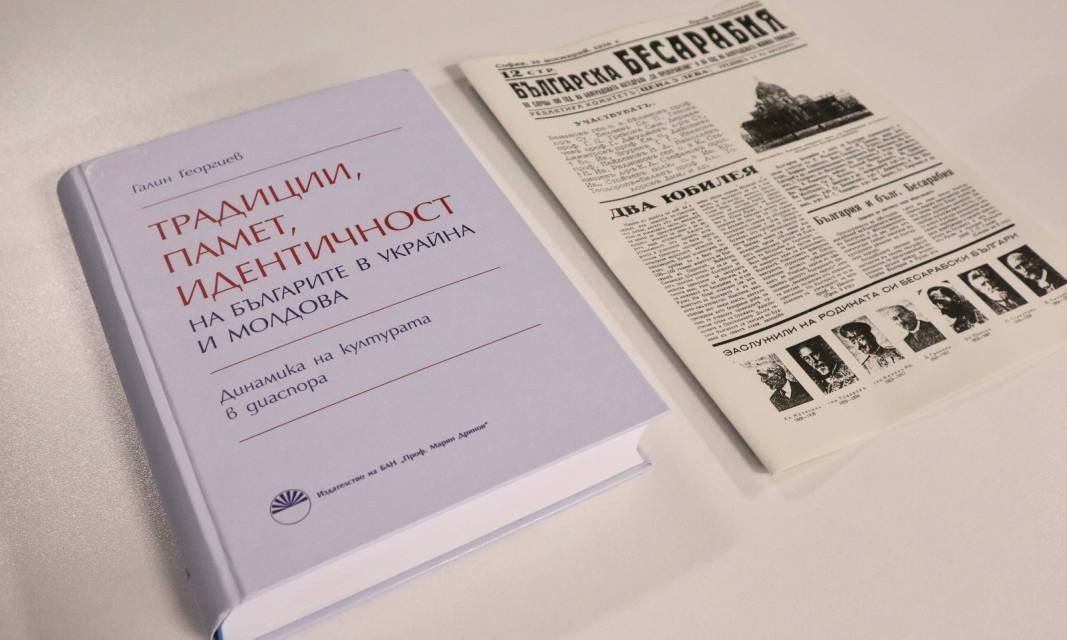
On International Women's Day, we meet a Bulgarian woman with an impressive education, public and political activity, who has been building her life between Europe and the USA for the past 20 years, and just a month ago in New York she..
On 8 March, the pupils of the Bulgarian Sunday School "Ivan Vazov" in Paris and their fathers have prepared a special programme to celebrate International Women's Day. Thousands of kilometres away from their homeland, mothers will be recognised for..
For the first time in Bulgaria a real Venetian Carnival will be held today at 7:00 p.m.. Guests of the Military Club in Sofia will have the opportunity to enjoy the Venetian elegance and tradition. They will receive a Venetian mask -..
Bulgaria has joined a multinational nomination for accession to the element "Pasture traditions", inscribed on the UNESCO List of Intangible Cultural..
Divers from Burgas' Friends of the Sea association opened the diving season . With the water temperature at seven degrees , they made their traditional..
On the night of Saturday to Sunday (30 March), at 3am, we need to move the clock forward one hour - to 4am. This will give us an hour less sleep on that..

+359 2 9336 661
